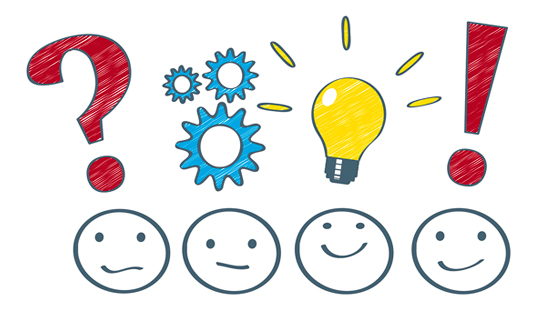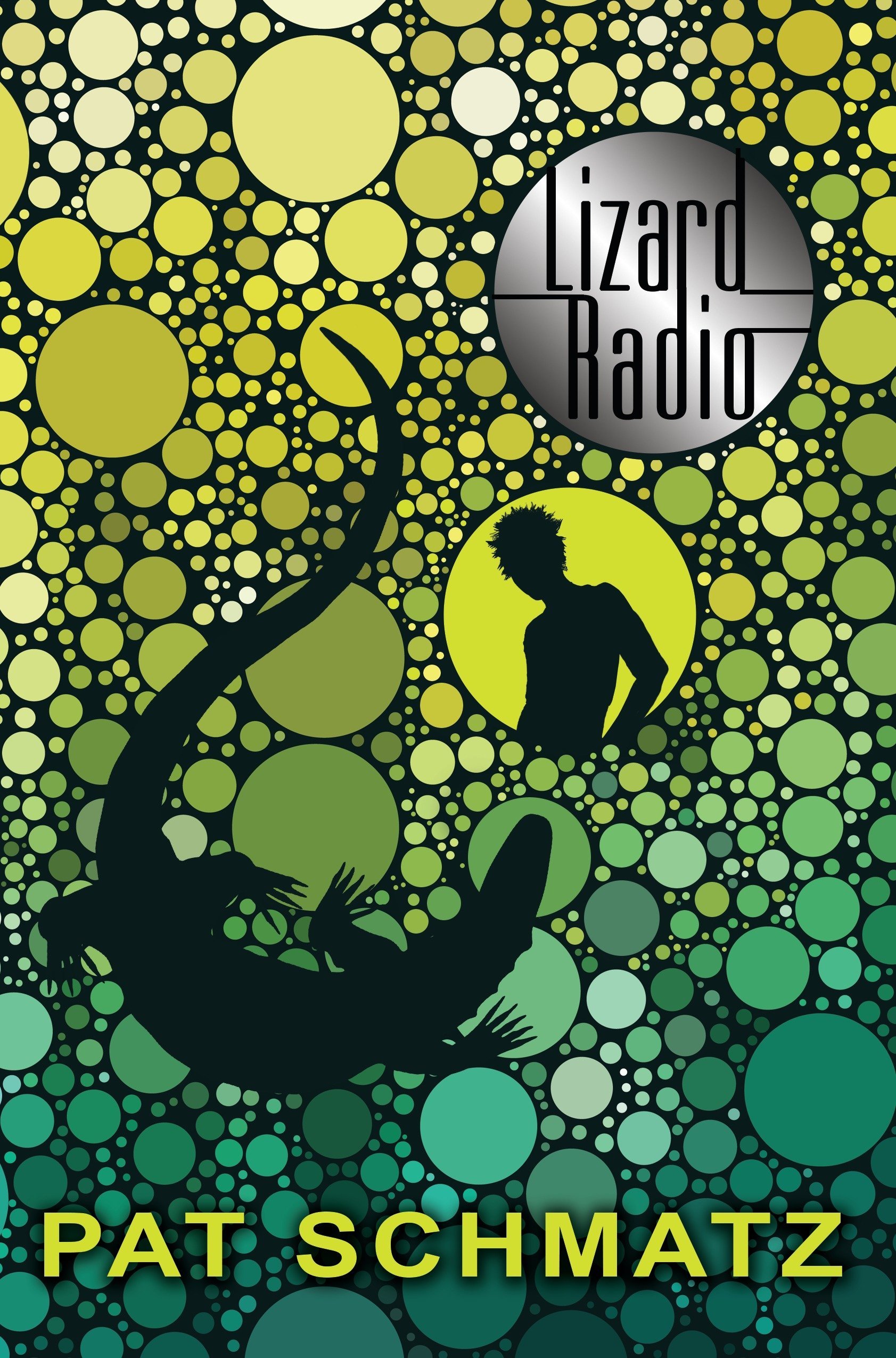 |
| What on Earth have I been learning? Image care of Britannica Digital Learning. |
Over the past few weeks, I have been delving into the depths of the internet to research topics that are important to those in the education field, particularly to teacher-librarians. School libraries these days are so much more than just a place from which to borrow books - more and more they are becoming a hub of activity in schools. They are places to learn and use technology, places to meet up and collaborate on projects, places to ask questions and to get unexpected answers. That isn't just the case for the students - it's a place for teachers and librarians to ask questions and to learn and grow as well. I certainly have learned and grown during my explorations.
Studying ways to foster reading culture in schools and global access too books, I have notices some similarities. Everyone needs to have access to books that are culturally relevant and language appropriate. In a multicultural community such as my home of Vancouver, having culturally relevant material means having access to a wide range of books from all over the world. These books need to be accessible to various language levels as well, and multiple languages. In efforts to bring books to the world, struggles are similar. So many books are printed and published by dominant cultures, making materials that are culturally relevant and in the appropriate language harder to come by in many parts of the world. This poor access to appropriate reading materials makes it difficult to connect with books and many may struggle learning to read.
| Having books available in native languages will encourage readers to pick them up! Image care of Larry Percy. |
English language learners have it particularly difficult, and I have been musing on this topic over the last week. Learning English is an asset, but it is difficult when done later in life to find books a are of interest culturally, are age appropriate, but are at an appropriate English language level. From my personal learning network, I have understood that many students feel intimidated by seeking out books that have simpler language when they are in a separate library section. Marking these books but making them available among the regular shelves would make finding appropriate books easy and less obvious. Some of these coloured stickers might be a good idea, or something similar that can be small and discreet, but still visible. There are lots of great book options out there for those who are learning English, including online lists and specific publishers, like Orca Books.
 |
| Stickers on book spines can show language levels for discreet searching and borrowing. Image care of Pinterest. |
I have not just been musing on access to books, since libraries aren't only about books. Over the last few weeks, I have learned to use technology in a much more meaningful way. This includes technical things like how to use my new laptop (which I was going to get around to, I swear), but also how to use online platforms to better effect. I have made blogs with blogger before, but never anything that I thought was worth sharing. Recently, I have produced a few posts for my classes that I consider to be quite meaningful, including a post sharing many incredible tools I found for including technology in lessons. Not only that, I have begun to create interesting posts without being prompted, like the list of young adult fiction with non-binary characters.
 |
| Lizard Radio by Pat Schmatz - just one of many Young Adult Fiction books with non-binary characters that you should read! Image care of amazon.com. |
I have been using blogger and feedly to expand my personal learning network, but I have also finally started to use my sad Twitter account. I always wondered what people saw in the Twitter platform, but now I am starting to get it. You can be a part of the conversation just based on a topic or the name of an event. I'm admittedly still learning when it comes to Twitter, but I have taken huge steps forward.
Through my personal inquiry, I have become less intimidated about contacting people I have never met online. It has always seemed somehow invasive to me to contact people and ask questions of them, or to ask for advice. However, through my learning to be more active with my blog, and my Twitter account, I have contacted and been contacted by educators and authors. I've had interesting exchanges with other teacher-librarians in my school district, but also elsewhere through the course discussions. I even had a major fangirl moment when I was retweeted by one of my idols, Shelley Moore! I'm being exposed to more people out there and I see so much potential in these exchanges.
Watch this video of Shelley Moore and I bet you will become a fan, too. Video care of YouTube.
It's amazing just how much I have learned and grown over the past few short weeks. I hope to continue growing as an educator throughout my career, and now I have even more tools to help me do so.
Works Cited:
Global Book Alliance (2018). Introducing the Global Book Alliance. Retrieved from https://www.youtube.com/watch?v=p9m1k7SDr5A
Hadler, Pat (2016). School Libraries of the Future: 5 Trends to Watch. Retrieved from http://geiendorsed.com/blog/beyond-the-classroom/school-libraries-of-the-future-5-trends-to-watch/
Moore, Shelley (2007). Shelley Moore. Retrieved from https://blogsomemoore.com/
Moore, Shelley (2018). The Evolution of Inclusion: The Past and Future of Education. Retrieved from https://www.youtube.com/watch?v=PQgXBhPh5Zo
Neilson, Sonya (2019). LIBE 477 Inquiry: Fostering Reading Culture in Schools. Retrieved from https://svneilson.blogspot.com/2019/01/libe-477-inquiry-fostering-reading.html
Neilson, Sonya (2019). LIBE 477 Inquiry 2: Learning to Use My Lenovo Flex 5 - An Example of Developing my ICT Skills. Retrieved from https://svneilson.blogspot.com/2019/02/libe-477-inquiry-2-learning-to-use-my.html
Neilson, Sonya (2019). LIBE 477 Inquiry 3: Supporting Teachers' ICT Development. Retrieved from https://svneilson.blogspot.com/2019/02/libe-477-inquiry-3-supporting-teachers.html
Neilson, Sonya (2019). LIBE 477 Inquiry 4: Bringing Libraries to the World. Retrieved from https://svneilson.blogspot.com/2019/02/libe-477-inquiry-4-globalization-of.html
Neilson, Sonya (2019). Non-Binary Young Adult Fiction List of Awesome! Retrieved from https://svneilson.blogspot.com/2019/02/non-binary-young-adult-fiction-list-of.html
Orca Books (2019). About Orca. Retrieved from https://www.orcabook.com/About.aspx
Victoria (2019). 10 Great and Easy English Books You Must Read. Retrieved from https://www.fluentu.com/blog/english/easy-simple-english-books-read-beginners/
I have also been a little intimidated by contacting strangers online. I'm still working on this to be honest. I have grow in a short time but there is still lots of growth to do. Very cool that you got retweeted by someone you admire. I remember something similar happening to me for my photography and I was very excited! It's amazing how connected we can feel through a simple mention on a online platform. Thanks for sharing!
ReplyDeleteExactly! Just a couple of positive experiences has been enough for me to be not-so-scared anymore. It's almost as if things are the most scary when you haven't tried them...
DeleteWhat an excellent post that outlines your learning thus far. It is evident that you are really making the most of every opportunity and that you continually push yourself to think critically and creatively about our topics. I appreciate that you are linking to outside sources within your blog but you have also created links to your own work. You have recognized that you have important ideas that are worth sharing! I have to admit that I too would have a major fangirl moment if I was retweeted by Shelley Moore!
ReplyDelete